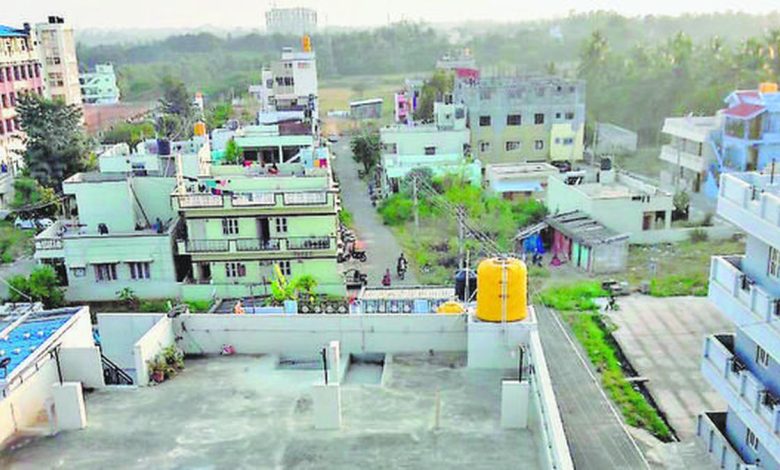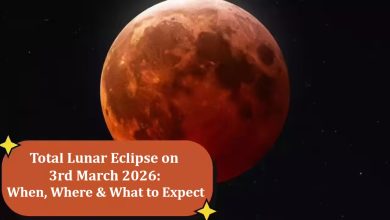Bengaluru Water Crisis: Why independent house owners in Bengaluru worried about water ban
Residents of independent house have raised concerns about not having alternate sources of water for non-potable purposes.

A day after Bangalore Water Supply and Sewerage Board (BWSSB) issued an order prohibiting the usage of potable water (Cauvery and borewell) for non-essential purposes and a fine of ₹5,000 for a violation, residents of independent houses have raised concerns about not having alternate sources of water for non-potable purposes.
The order states that drinking water should not be used for washing cars or watering plants. While many living in apartments have access to water from a Sewage Treatment Plant (STP), which is usually reused, independent houses have no such option.
“As groundwater is a common resource, in our layout, we had decided not to drill individual borewells when we constructed houses decades ago. We only get Cauvery water in our house. Like every other house in Bengaluru, we also have a small garden, which would wither in this heat without water. Hence, while being conscious about water usage, we have to continue using Cauvery water for our plants,” said a resident of Dodda Bommasandra.
Moreover, citizens are wondering how BWSSB will verify if someone is using Cauvery borewell water, or other water for non-potable purposes.
“According to the Easement Act 1884, the groundwater belongs to owners. If I had a borewell, I would not be willing to give my water to the State. They cannot simply bring about rules and tell people not to use water. How will they even verify which water we are using,” asked Sneha Nandihal, a resident of Indiranagar.
Referring to a PIL plea filed by the Citizens Action Forum (CAF), Vijayan Menon, a member of CAF, raised an important question. “Who owns groundwater? The implementation of a rule like this is impossible. Pleading with people to conserve water is the approach that should be used. The government is trying to do something just for the sake of optics.”
BWSSB Chairman Ram Prasath Manohar clarified that it is not a blanket ban on using water for non-consumption purposes, but ‘there should be a temporary minimization of water usage’.
“Those in individual houses can use a bucket of water for cleaning, but they should not use a hose to wash their car. They can also use a small amount of water for plants. The key is to not waste water,” Mr. Manohar said.
When asked about implementation, he said that the meter readers of BWSSB will tour their jurisdiction early in the morning and late in the evening to check for violations. He appealed to citizens to report any violation they see in their surroundings. “We will send our teams, verify, and then penalize if there is a violation,” he said.




